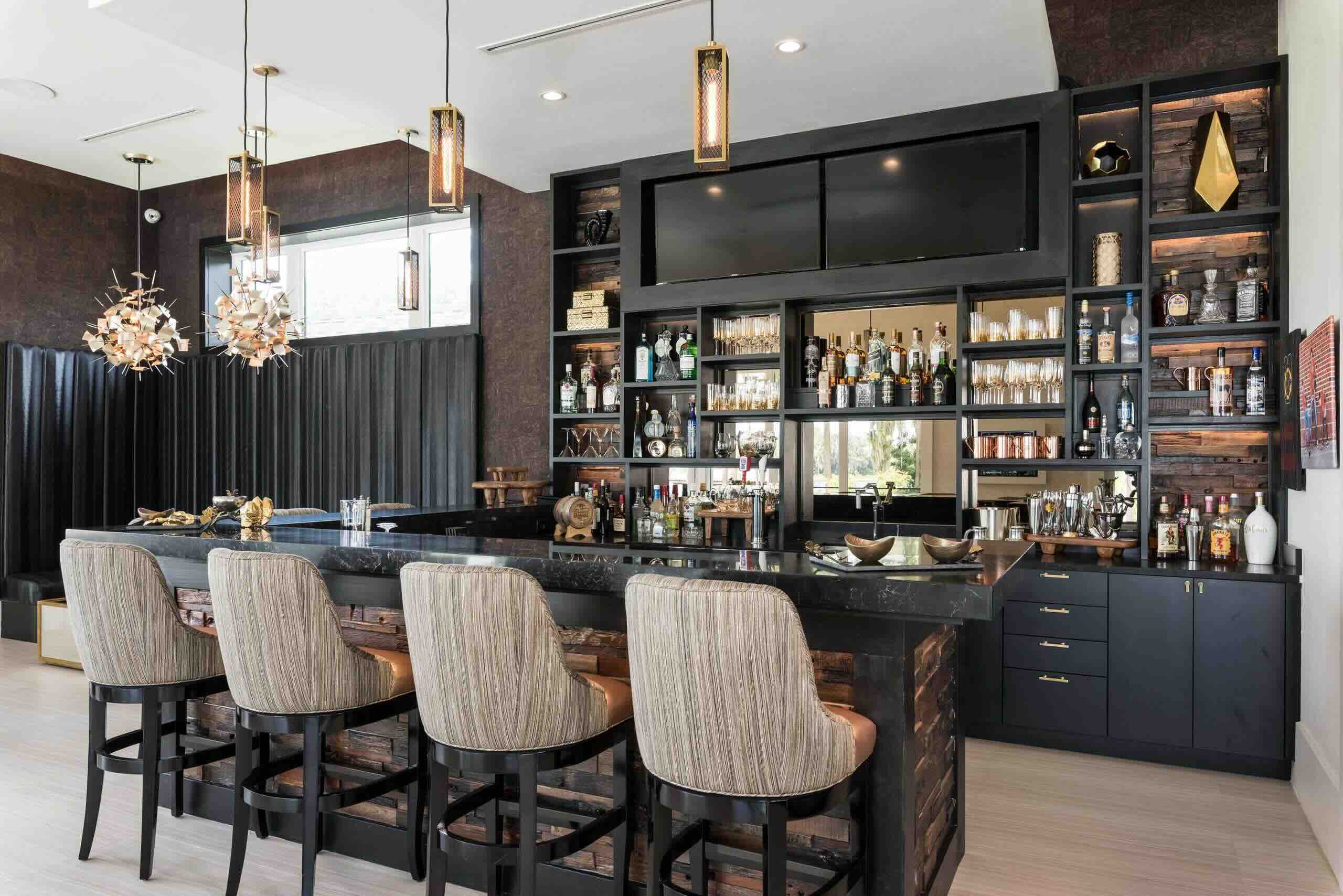

Articles
Why Do Bars Have Mirrors
Modified: May 6, 2024
Discover the importance of mirrors in bars and how they enhance the ambiance, create an illusion of space, and improve safety. Read more articles on bars and their fascinating elements.
(Many of the links in this article redirect to a specific reviewed product. Your purchase of these products through affiliate links helps to generate commission for Storables.com, at no extra cost. Learn more)
Introduction
Welcome to the fascinating world of bars and their enigmatic selection of decor. If you’ve ever found yourself in a bar, you may have noticed a common element that seems to be omnipresent – mirrors. They adorn the walls, behind the counter, and sometimes even the ceilings. But have you ever wondered why do bars have mirrors?
Bars and mirrors have a long-standing relationship that dates back through history. While they may seem like simple decorative elements, there are deeper reasons behind their presence. In this article, we will delve into the historical perspective, psychological effects, practical reasons, marketing and branding aspects, and even the cultural significance of mirrors in bars.
So let’s raise our glasses and embark on a journey to uncover the secrets behind this intriguing phenomenon.
Key Takeaways:
- Mirrors in bars create an illusion of space, enhance social interaction, and contribute to the overall sense of luxury and ambiance, making the drinking experience more inviting and enjoyable for customers.
- Beyond decoration, mirrors in bars serve practical purposes, play a significant role in marketing and branding, and hold cultural significance, adding depth and allure to the drinking experience.
Read more: Why Do Mirrors Appear Silver
Historical Perspective
Mirrors have long been a part of bar decor, adding a touch of elegance and sophistication to the ambiance. The use of mirrors in early drinking establishments can be traced back to the 18th century. During this time, mirrors were considered a luxury item, and their presence in bars was a symbol of opulence.
In addition to their aesthetic appeal, mirrors served a practical purpose in these establishments. They were strategically placed to create an illusion of a larger space. Small bars with limited square footage could utilize mirrors to make the area appear more expansive, attracting more customers.
Moreover, mirrors were also used to enhance social interaction. Patrons would often gather around the bar and engage in conversations. The mirrors reflected their faces, facilitating eye contact and creating a sense of connection between individuals. This added to the lively and convivial atmosphere of the bar.
The use of mirrors in bars continued to evolve over time. In the 19th and early 20th centuries, the popularity of saloons and speakeasies surged. These venues became synonymous with mirrors as they sought to create an extravagant and glamorous experience for their clientele.
During this period, mirrors were not only placed on walls but also on the ceilings, giving the illusion of an endless expanse. This design element added to the allure and allure of these drinking establishments, attracting patrons from all walks of life.
As the decades passed, many bars and pubs adopted mirrors as a staple in their decor. Whether it was a corner dive bar or a high-end cocktail lounge, the presence of mirrors became an integral part of the overall aesthetic.
Today, the tradition of incorporating mirrors into bar decor continues, with establishments using them in various imaginative ways. From vintage-inspired bars with ornate, gilded mirrors to modern establishments with sleek, minimalist designs – mirrors continue to play a significant role in adding a touch of allure and intrigue to the drinking experience.
Psychological Effects
Mirrors in bars have a fascinating effect on our perception and psychology. They create an illusion of a larger space, enhance social interaction, and contribute to the overall sense of luxury and ambiance.
One of the primary psychological effects mirrors have in bars is the perception of a larger space. By strategically placing mirrors on walls, especially in smaller bars, the reflection gives the illusion of an expanded area. This can make a compact venue feel more spacious and inviting to customers. The mirrors also contribute to better lighting by reflecting natural and artificial light, adding brightness and depth to the surroundings.
Furthermore, mirrors enhance social interaction among bar patrons. As people gather around the bar counter, mirrors offer the opportunity for individuals to make eye contact with others through their reflections. This simple act promotes a sense of connection and encourages conversations, making the bar experience more engaging and enjoyable for everyone involved.
The presence of mirrors also contributes to the overall sense of luxury and ambiance in a bar. They add a touch of elegance and sophistication to the surroundings, creating a visually appealing atmosphere. Mirrors have the ability to reflect the bar’s interior design, decor, and lighting, amplifying their impact and giving the space a more polished and upscale feel.
In addition, the reflection in mirrors can enhance the perception of the bar’s patrons. People often like to see themselves in mirrors, and in a bar setting, it can boost their confidence and self-image. This positive self-reflection can contribute to a more enjoyable and memorable experience for customers.
Overall, the psychological effects of mirrors in bars are multifaceted. They create the illusion of a larger space, enhance social interaction between patrons, and add a touch of luxury and ambiance to the bar’s atmosphere. The strategic placement of mirrors in a bar’s design can greatly influence the overall experience and make it a more inviting and enjoyable space for customers.
Practical Reasons
Mirrors in bars serve practical purposes beyond their aesthetic appeal. They play a crucial role in monitoring customer behavior, enhancing safety and security, and facilitating the bartender’s work.
One practical reason for having mirrors in a bar is to monitor customer behavior. By placing mirrors strategically, bar owners and staff can have a clear view of the entire establishment, including the seating areas and the bar counter. This allows them to keep an eye on customers, ensuring they are enjoying themselves responsibly and maintaining a respectful atmosphere. Mirrors provide an additional perspective and vantage point, making it easier to identify any potential issues or incidents and address them promptly.
In terms of safety and security, mirrors play a vital role. They provide a wide-angle view of the bar, allowing bartenders and bouncers to keep a watchful eye on the entire space. Potential threats or suspicious activities can be detected more easily through the reflections in the mirrors. This helps maintain a safe environment for both customers and staff, as any unwanted behavior can be swiftly addressed and dealt with.
Mirrors also facilitate the bartender’s work. Oftentimes, a bar counter can become crowded, especially during peak hours. Mirrors placed behind the counter provide bartenders with a clear view of what is happening throughout the establishment while they work. This allows them to keep an eye on incoming customers, manage drink orders efficiently, and provide prompt service. Bartenders can also use the mirrors to monitor the level of drinks and supplies behind the bar, ensuring they are well-stocked and ready to serve.
Overall, the practical reasons for having mirrors in bars encompass monitoring customer behavior, enhancing safety and security, and facilitating the efficient workflow of bartenders. Mirrors provide a valuable tool for bar staff to maintain a controlled and enjoyable environment while ensuring the smooth operation of the establishment.
Mirrors in bars create the illusion of a larger space and make the atmosphere feel more open and inviting. They also allow bartenders to keep an eye on customers throughout the bar.
Marketing and Branding
Mirrors in bars not only serve practical and psychological purposes but also play a significant role in marketing and branding. They contribute to the overall visual appeal of the establishment, reflect its theme or concept, and can be used for promotional purposes.
One of the key aspects of marketing a bar is creating an attractive visual appeal. Mirrors, with their reflective surfaces, add depth, dimension, and an element of visual interest to the bar’s interior. They catch the attention of patrons and draw them in with their sparkling reflections. The strategic placement of mirrors can highlight specific areas or details of the bar, such as a beautiful centerpiece or the display of an extensive liquor collection, effectively enhancing the overall visual experience for customers.
Mirrors also offer an opportunity to reflect the establishment’s theme or concept. Whether it’s a rustic tavern, a sleek cocktail lounge, or a vibrant beach bar, mirrors can be used to mirror the design elements and ambiance, reinforcing the brand identity. By incorporating mirrors that align with the overall aesthetic, the bar’s theme becomes more immersive and cohesive, creating a memorable and unique experience for patrons.
In addition to their decorative role, mirrors can be utilized for promotional purposes. Bar owners can strategically place mirrors with promotional messages or branding elements, such as logos or special offers. This allows customers to naturally engage with the marketing content while observing their reflections, increasing brand awareness and encouraging them to take action. Creative mirror displays can also act as conversation starters and generate buzz around the bar, attracting new customers and retaining existing ones.
When it comes to marketing and branding, mirrors in bars offer a visual appeal that can captivate customers, reflect the establishment’s theme or concept, and serve as a clever tool for promotional activities. By leveraging mirrors effectively, bar owners can create a distinct and enticing brand image that resonates with their target audience, leading to increased foot traffic, customer loyalty, and overall business success.
Read more: Why Do Cats Scratch On Mirrors
Cultural Significance
Mirrors in bars hold a cultural significance that goes beyond their decorative and practical purposes. They are intertwined with symbolism and cultural beliefs, as well as the superstitions and rituals related to their presence in these establishments.
Mirrors have long been associated with symbolism in various cultures. They are often seen as portals to other realms or dimensions, reflecting the soul and connecting to the spiritual world. In some cultures, mirrors are believed to possess mystical properties and supernatural abilities. The presence of mirrors in bars can be seen as a nod to these beliefs, adding an element of intrigue and mystery to the drinking experience.
Superstitions and rituals related to mirrors also play a part in the cultural significance of their presence in bars. In some cultures, it is believed that breaking a mirror brings bad luck or seven years of misfortune. To counter this belief, bars may incorporate mirrors in their design as a way to prevent any negative energy or bad luck from affecting the establishment. This serves as a symbolic gesture to ward off any potential misfortunes and maintain a positive atmosphere within the bar.
Furthermore, mirrors in bars can be involved in various rituals and practices. For example, some bartenders may perform flair bartending, where the use of bottles, glasses, and other bar tools are skillfully manipulated. Mirrors are often used in the performance to showcase and amplify the bartender’s moves and create a visually stunning display for the audience.
In addition, mirrors can be used in mixology demonstrations and workshops, allowing participants to observe the bartenders’ techniques in a more detailed manner. The reflection in the mirrors offers a unique perspective and enhances the learning experience, adding an element of theatricality to the art of cocktail making.
Overall, the cultural significance of mirrors in bars lies in their symbolism, the beliefs associated with them, and the role they play in superstitious practices and ritualistic performances. By embracing these cultural elements, bars can create a sense of mystique and cultural connection that adds depth and fascination to the overall drinking experience.
Conclusion
The presence of mirrors in bars goes beyond mere decoration. It holds historical, psychological, practical, marketing, and cultural significance that adds depth and allure to the drinking experience. From their use in early drinking establishments to create an illusion of larger space and enhance social interaction, to their practical role in monitoring customer behavior and enhancing safety and security, mirrors have become an integral part of bar design.
Mirrors also play a crucial role in marketing and branding, creating an attractive visual appeal, reflecting the establishment’s theme or concept, and serving as a platform for promotional activities. They contribute to the overall ambiance and convey a sense of luxury and sophistication that attracts and captivates patrons.
Culturally, mirrors hold symbolic value and are associated with beliefs, superstitions, and rituals. They represent portals to other realms, reflect the soul, and connect to the spiritual world. The presence of mirrors in bars can be seen as a way to ward off negative energy and maintain a positive atmosphere within the establishment.
In conclusion, mirrors in bars have multifaceted significance. They create an illusion of space, enhance social interaction, monitor customer behavior, and contribute to safety and security. Mirrors also serve as a visual marketing tool, reflecting the establishment’s theme, and can be used for promotional purposes. Culturally, mirrors have symbolic meaning and are involved in various rituals and beliefs.
So, the next time you step into a bar and glance at those mirrors adorning the walls, take a moment to appreciate the rich history, the psychological effects, the practical reasons, the marketing and branding aspects, and the cultural significance behind their presence. Mirrors truly add a touch of enchantment to the bar experience, creating an atmosphere that is both captivating and memorable.
Curious about sprucing up your space or adding a stylish touch? Mirrors do more than reflect—they transform rooms, making them seem larger and more inviting. After exploring why bars use mirrors to create a unique atmosphere, why not consider updating your own home with some of the most striking mirrors available? Our next read offers a curated selection of amazing mirrors for 2024 that promise to bring a fresh vibe to any interior.
Frequently Asked Questions about Why Do Bars Have Mirrors
Was this page helpful?
At Storables.com, we guarantee accurate and reliable information. Our content, validated by Expert Board Contributors, is crafted following stringent Editorial Policies. We're committed to providing you with well-researched, expert-backed insights for all your informational needs.
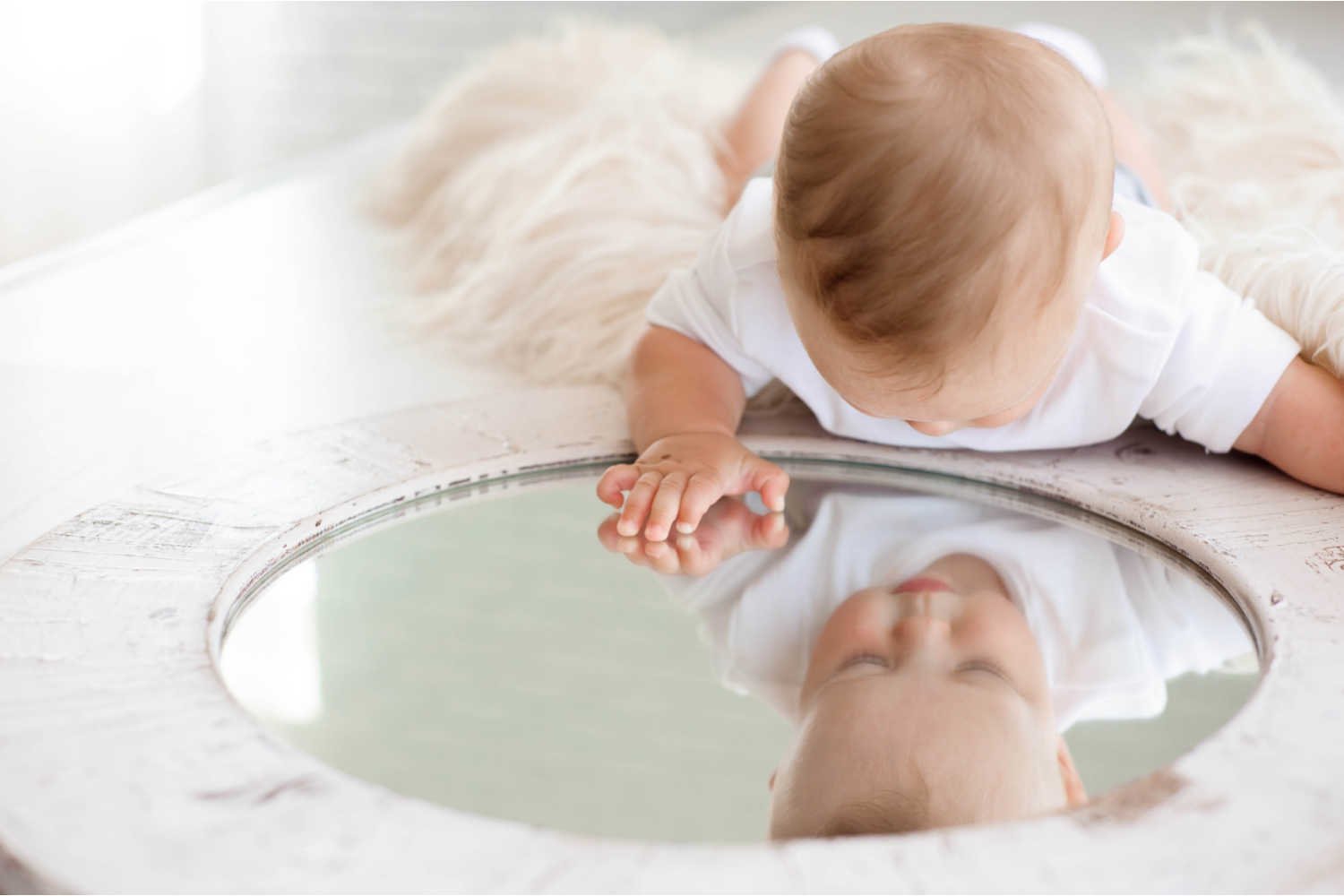
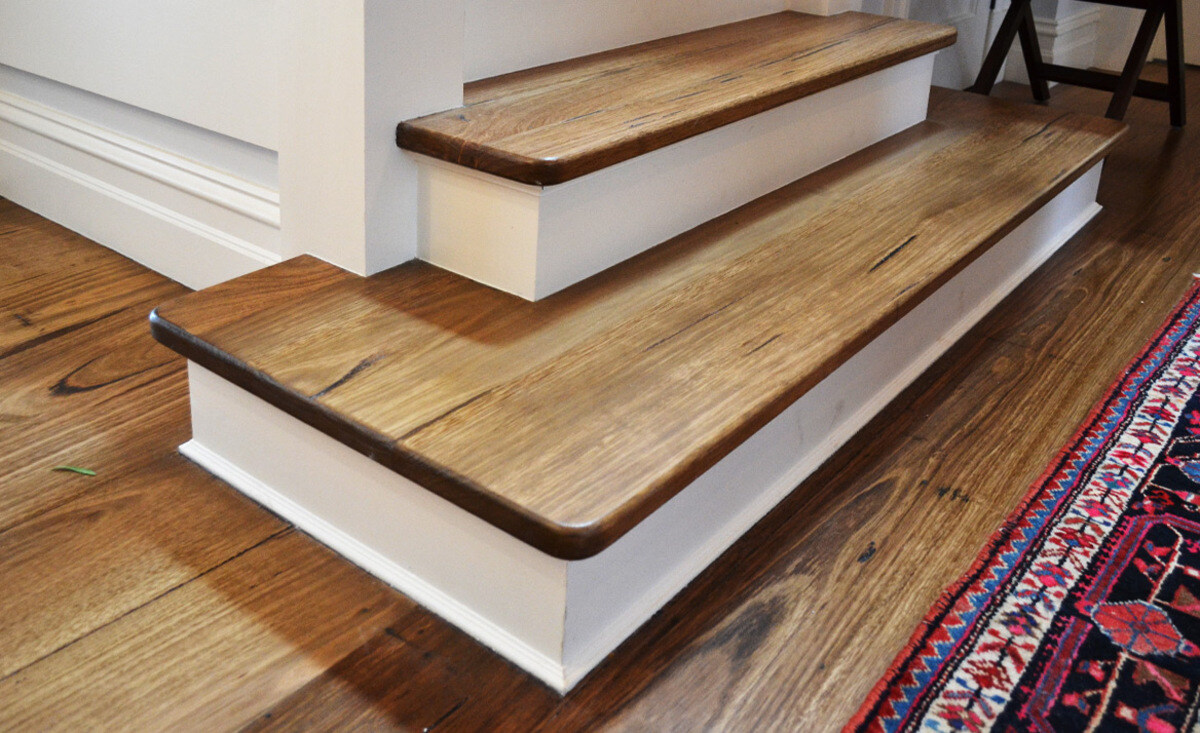
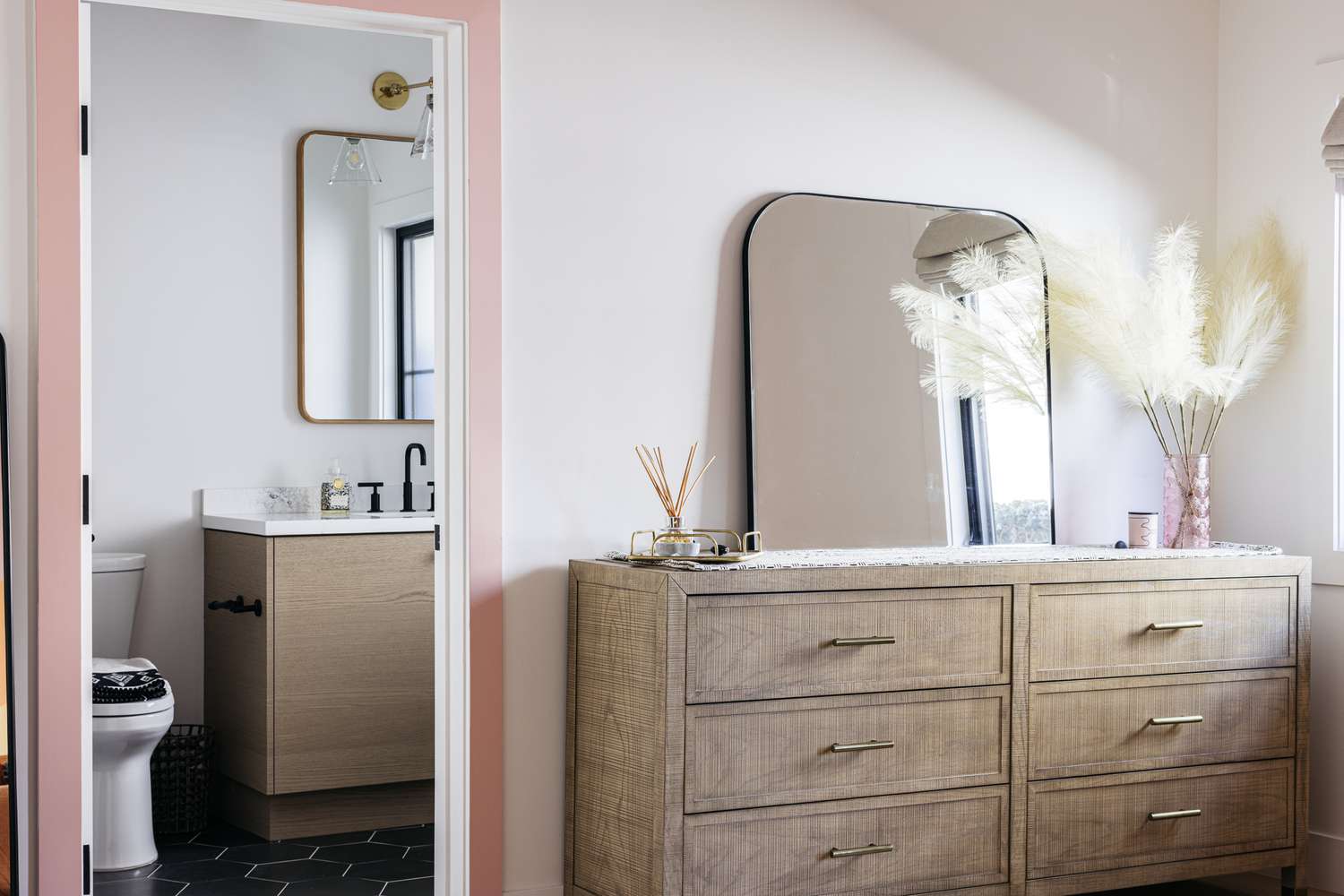
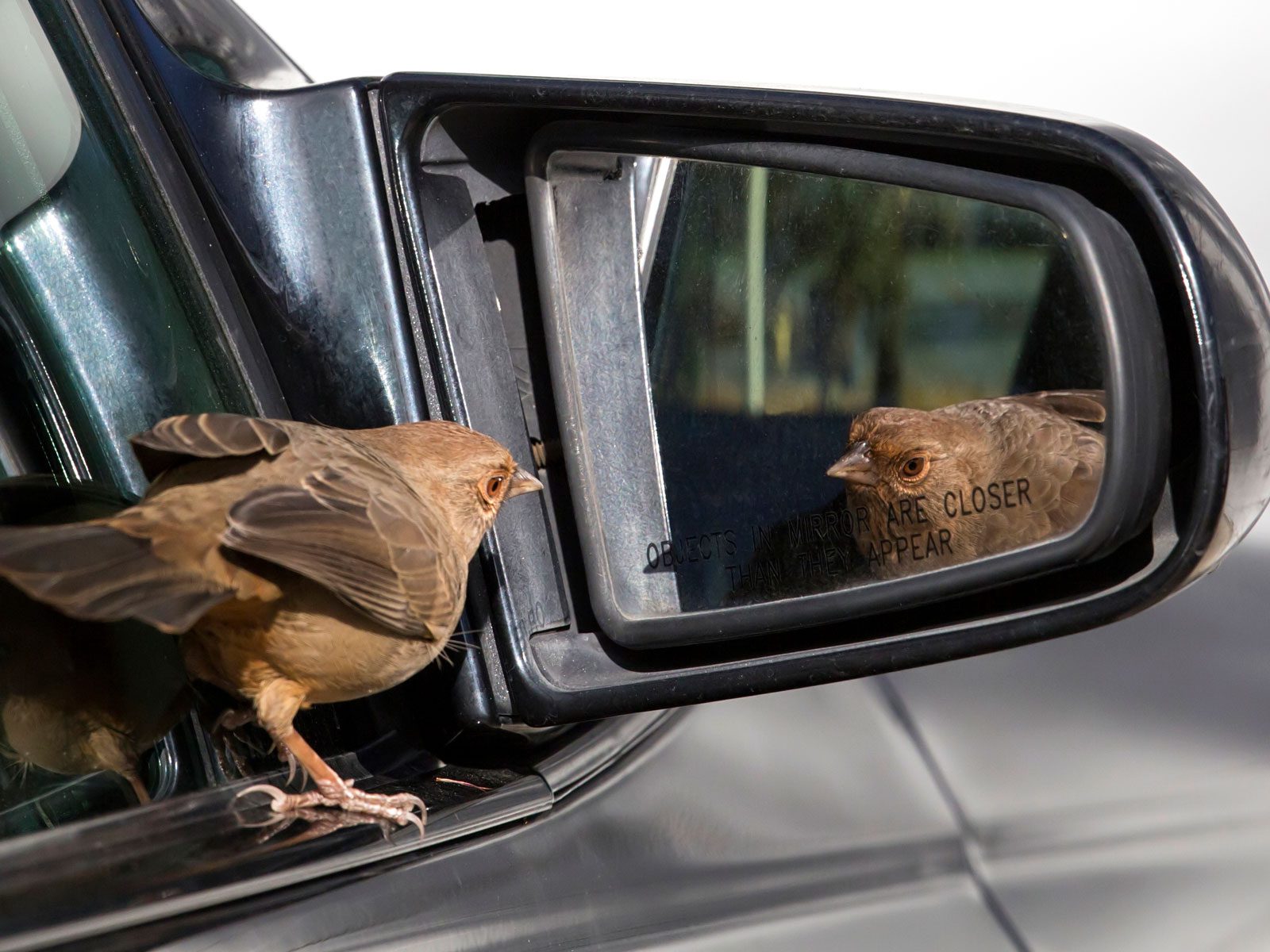

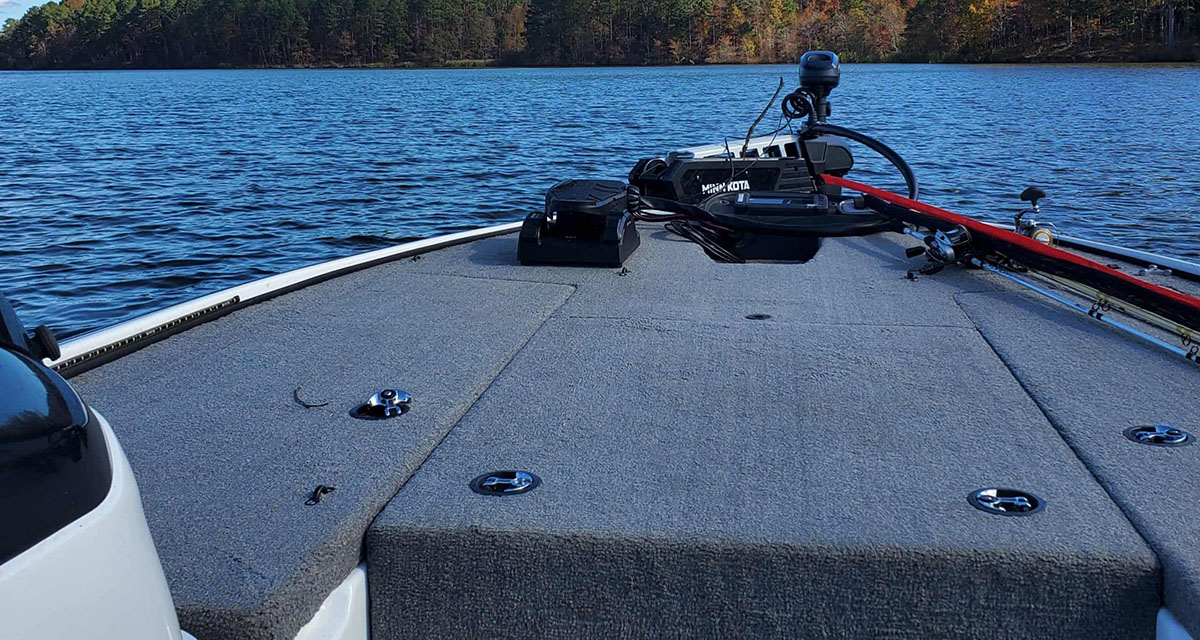
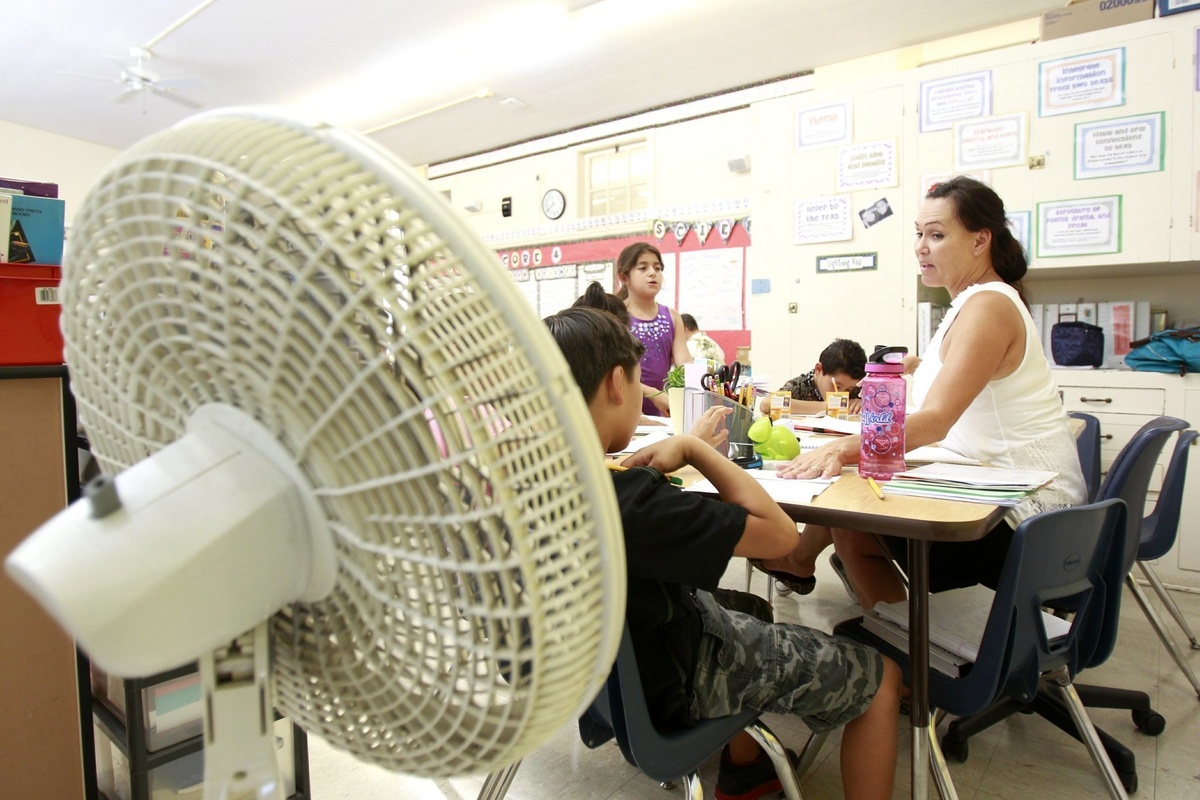
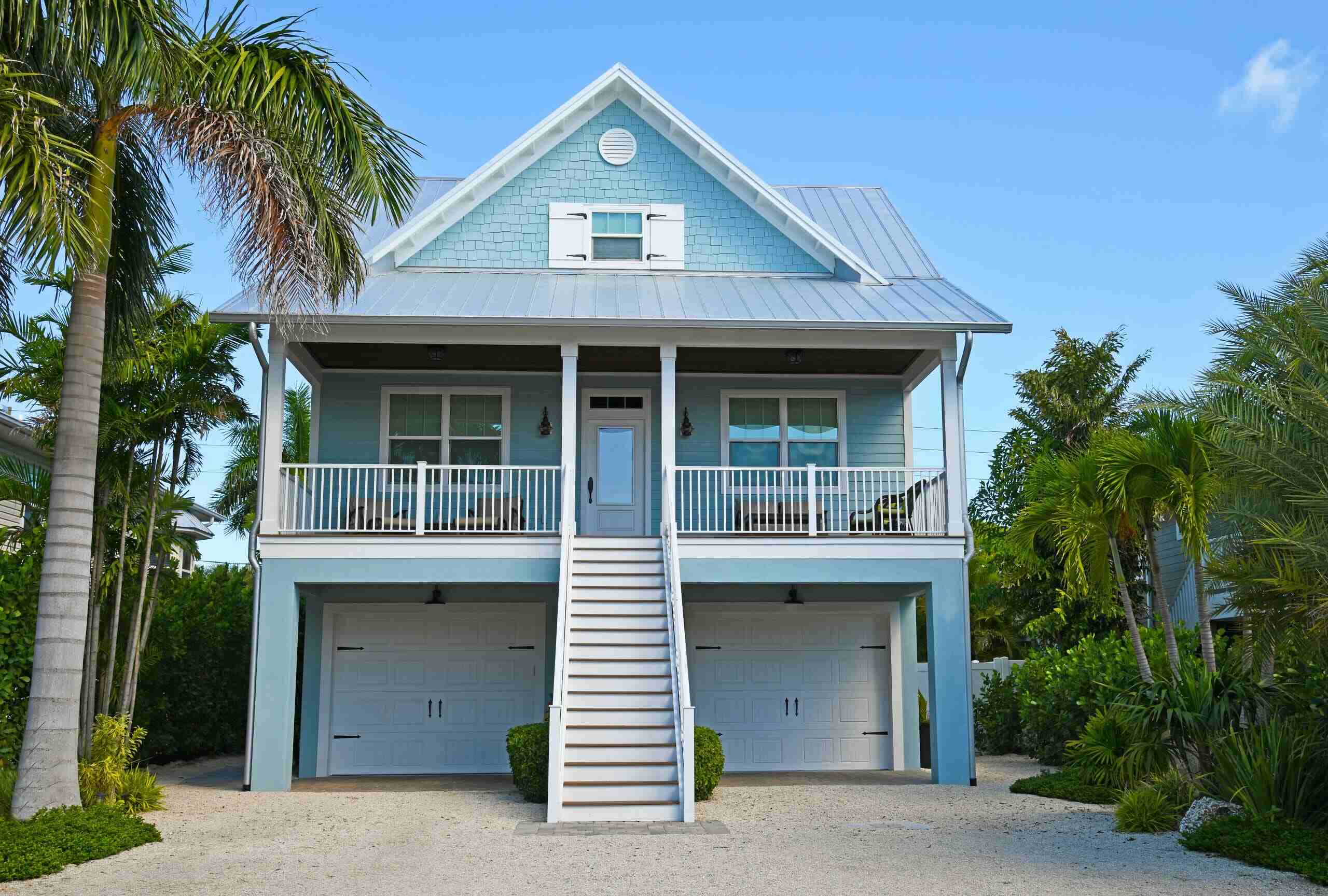


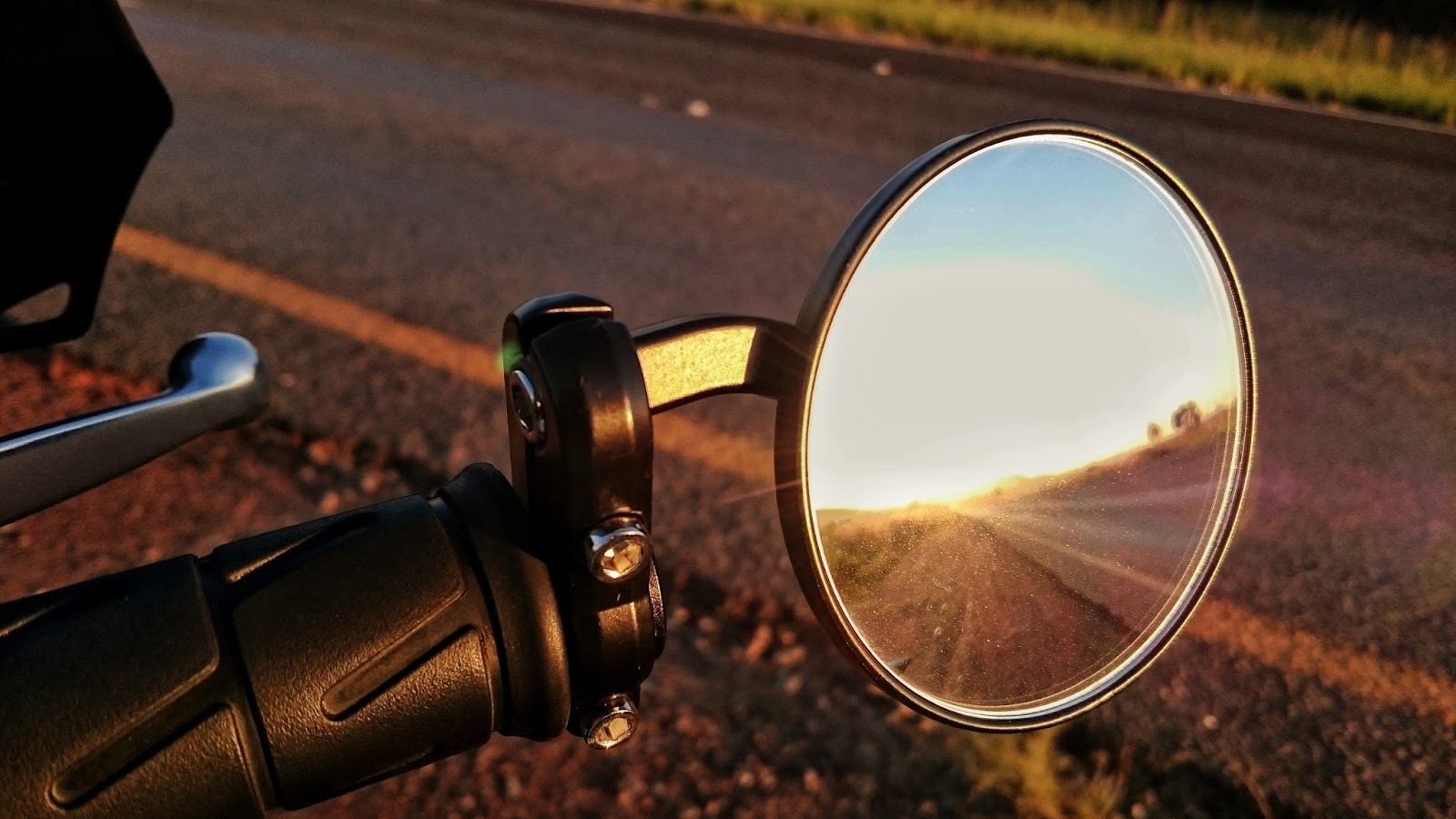
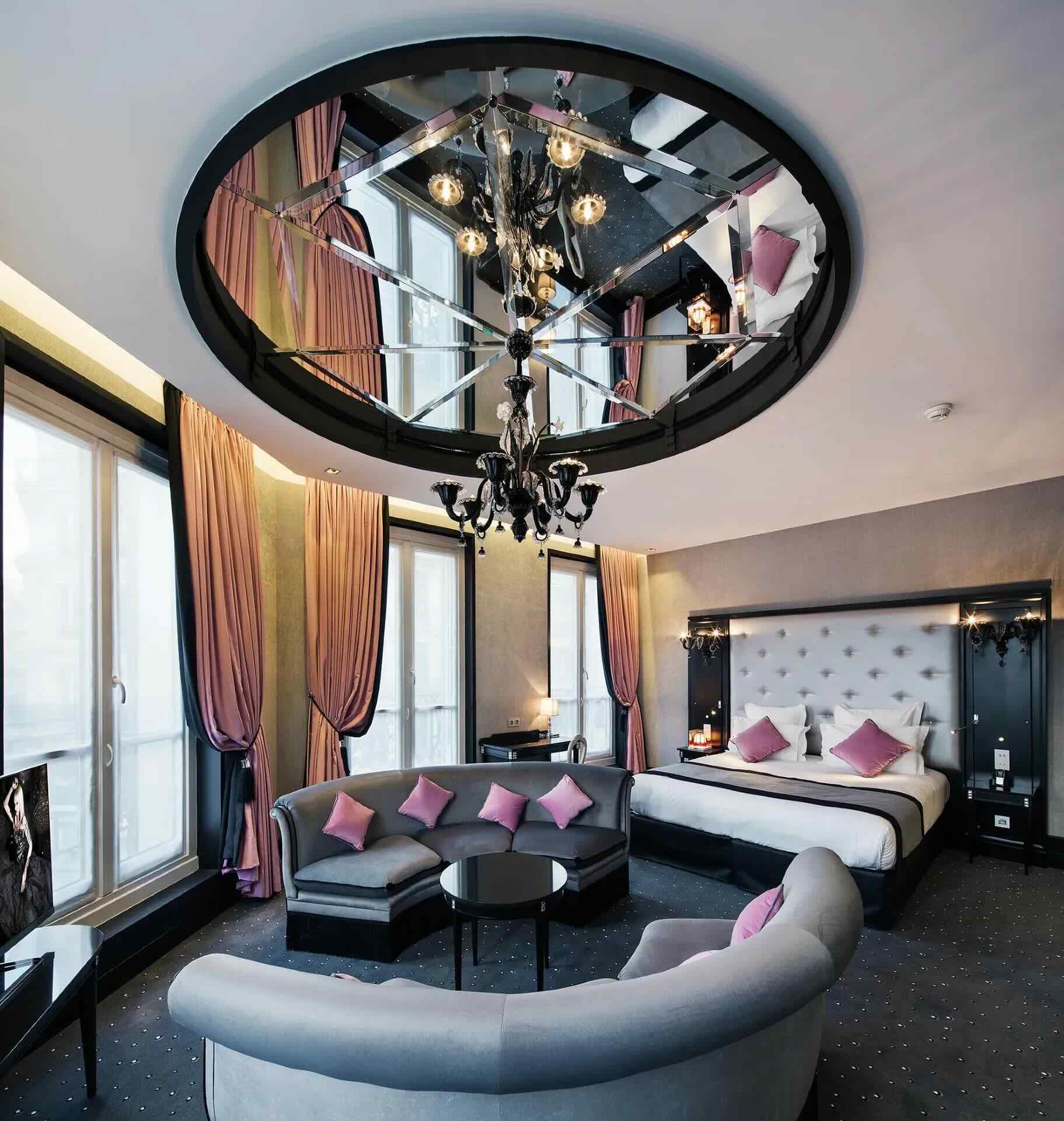
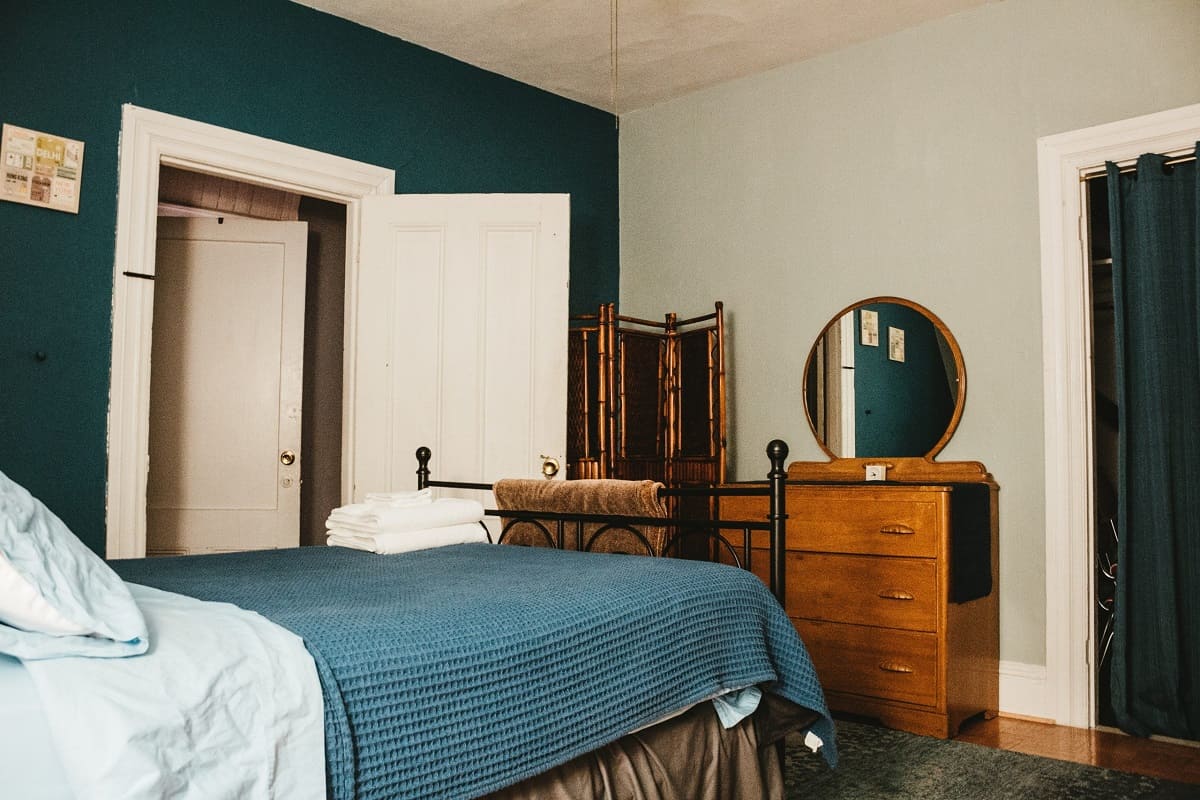
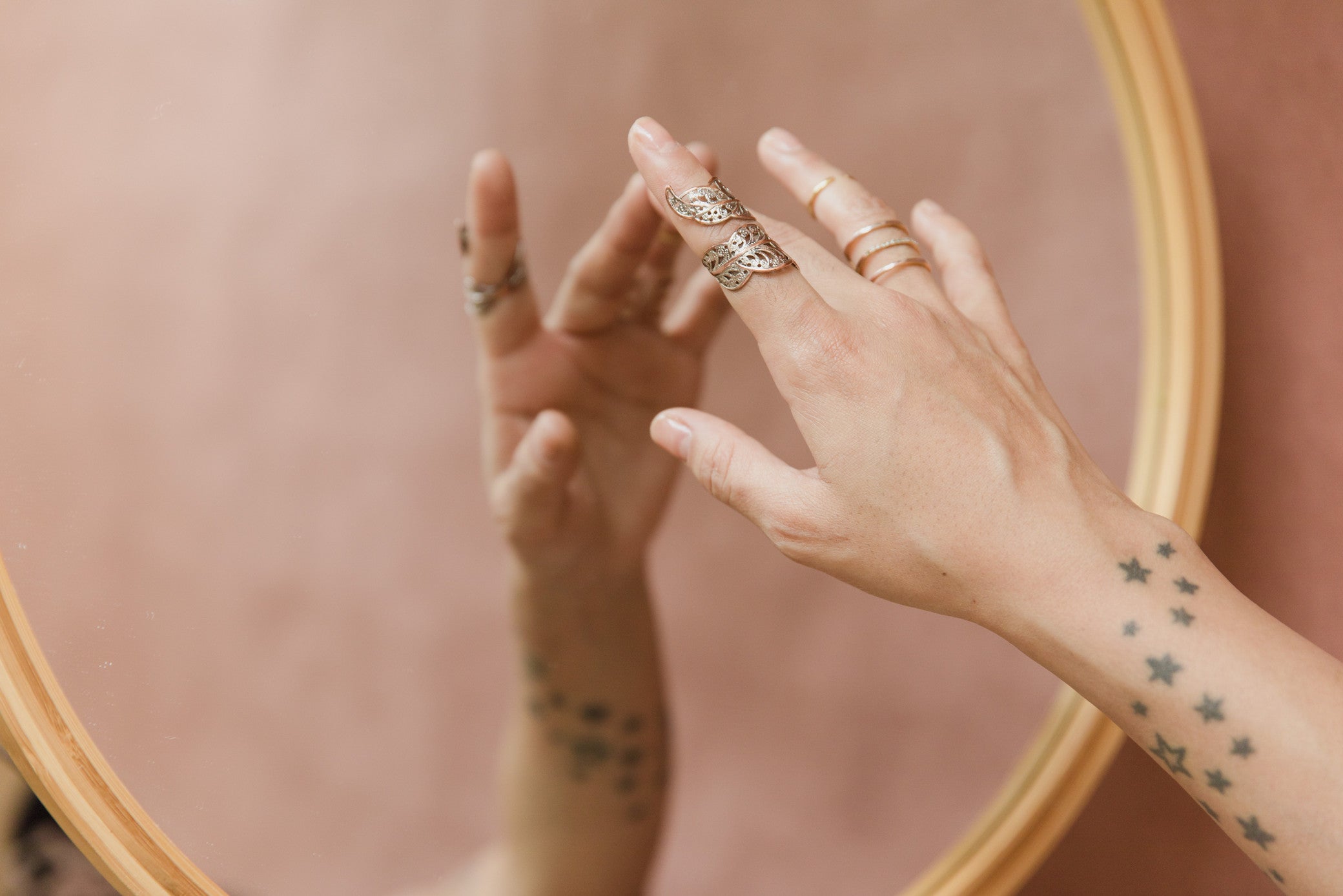

0 thoughts on “Why Do Bars Have Mirrors”